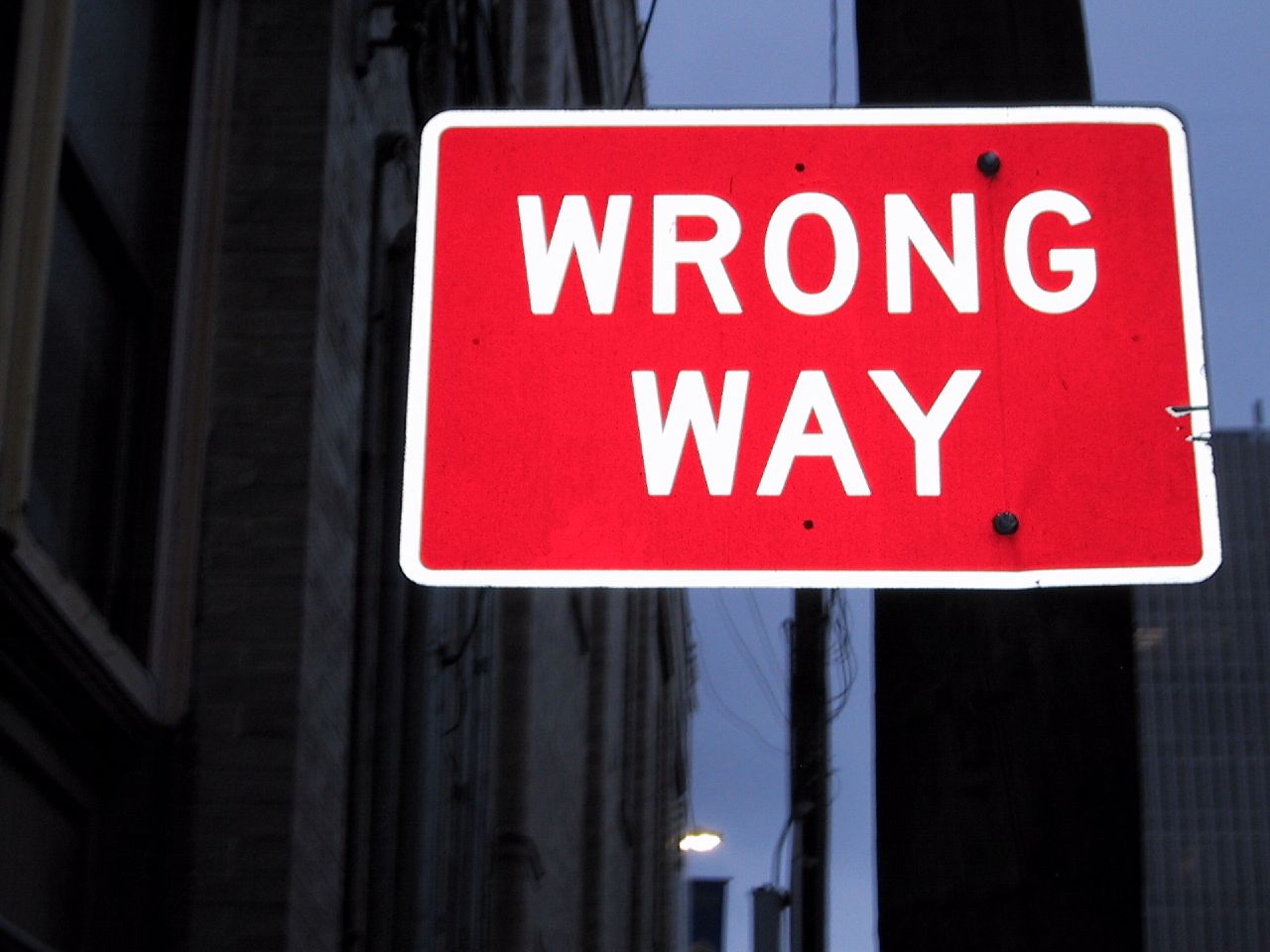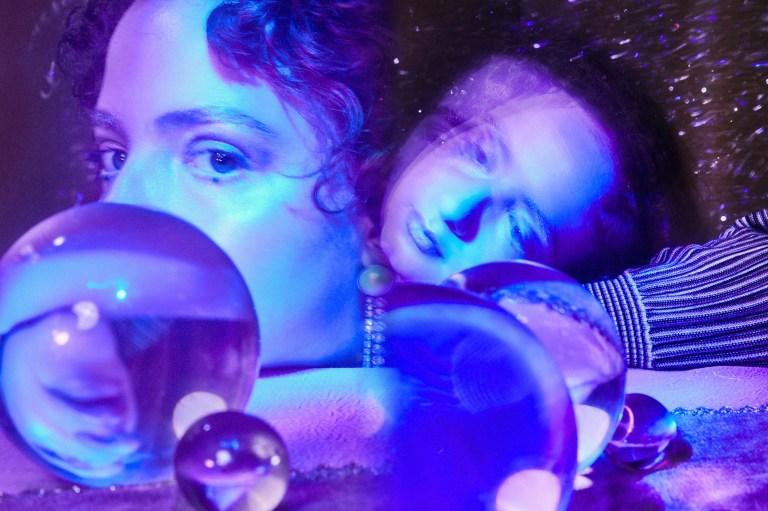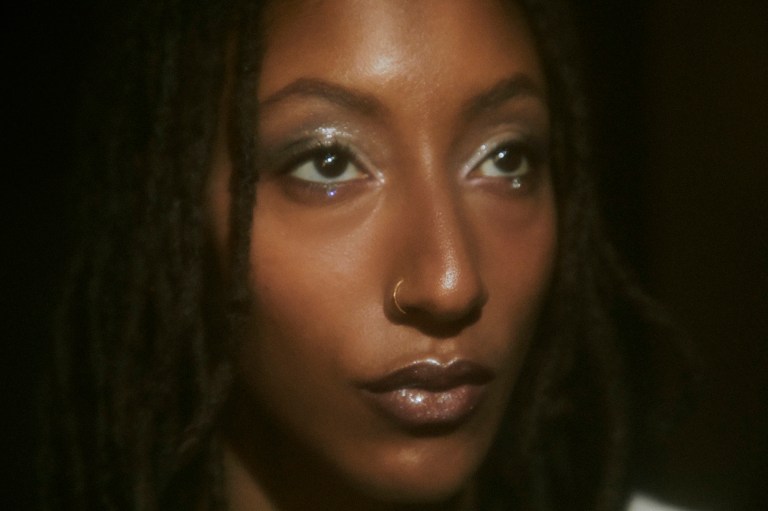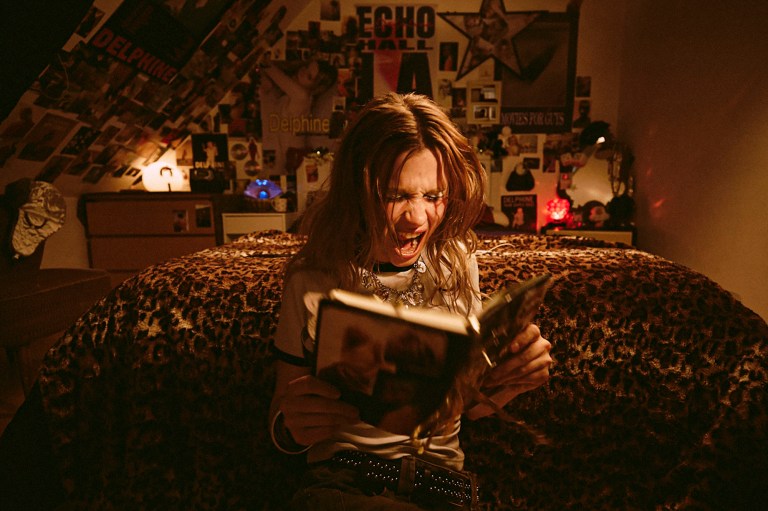
What Each Myers-Briggs Type Does In A Rut (The Rise Of The Inferior Function)
When they first sense a problem developing, the INFP will withdraw and attempt to sort through their feelings about the situation.
By ![]() Heidi Priebe
Heidi Priebe
ENFP
Cognitive Functions: Extroverted Intuition – Introverted Feeling – Extroverted Thinking – Introverted Sensing
How the rut develops: When sensing that a problem is developing, the ENFP’s first reaction will be to exercise their extroverted intuition. They will examine all the opportunities that are available to them and may become enthused about many at once. They will likely try many new ideas out or begin multiple new projects in hopes that one of them will stick. If this does not save them from their negative spiral, the ENFP will incorporate their introverted feeling more actively. At this point, they may withdraw from others and spend an exhaustive amount of time analyzing their own emotions and trying to sort through what they are feeling at their core. If this too does not help them, the ENFP will take to their extroverted thinking – by this point they will understand that they are under a significant amount of stress and will try to impose as much order as possible into their lives in order to get themselves back on track with where they’d like to be. If this too fails, the ENFP may fall prey to their inferior function.
What the rut looks like: An ENFP in a bad state of mind reverts to their introverted sensing. This usually bubbly type becomes guarded, defensive and routine-oriented. They shut out others and fail to entertain new ideas. They will appear to have lost their usual ‘sparkle’ and their cynicism about the future will diminish their usual sense of optimism.
How to get out of it: To break out of a rut, the ENFP needs to get back in touch with their extroverted intuiton. They predominantly need something to get excited about – a unique opportunity for the future or a new adventure to take on. They need to remember that the world is still varied and wide – that they will not be stuck where they are forever and that there are still infinite opportunities for them to explore.
What their return to health will look like: As their mindset improves, the ENFP will become steadily more social – picking back up with their social circle and feeding off the ideas of those around them. They will begin exploring new opportunities in their immediate environment as well as for the long-term. They may leave a bad job or relationship that has been making them feel stuck and take on new projects to distance themselves from the past. In time, they will return to their bubbly, idea-oriented selves.
INFP
Cognitive Functions: Introverted Feeling – Extroverted Intuition – Introverted Sensing – Extroverted Thinking
How the rut develops: When they first sense a problem developing, the INFP will withdraw and attempt to sort through their feelings about the situation. They may spend a larger than normal amount of time alone as they work through which of their ideals and morals can help them sort through the situation. If they cannot make sense of their feelings, the INFP will incorporate more of their extroverted intuition into the mix. In this phase, they will try to brainstorm as many ideas as possible that might help pull them out of their negative headspace. If this also does not help, the INFP may default to their introverted sensing. In this phase, they will turn to tried-and-true methods of pulling themselves together – they will understand that they are under stress, so they will consider what has helped them in the past and will turn to old coping mechanisms. If even this fails to help, the INFP may fall prey to their inferior function.
What the rut looks like: An INFP in a rut reverts to their extroverted thinking. This normally creative individual will become fixated on making the most logical choices available and will lose their creative edge. They will convince themselves that they are nobody special and therefore should not pursue a life of passion. They may get stuck at a job or in a relationship that suppresses their creativity and prevents them from adhering to their personal values.
How to get out of it: To break out of a rut, the INFP needs to get back in touch with their introverted feeling. They need validation – whether interpersonal or individual – that their creative side is both appreciated and admired. They need to surround themselves with people who understand them and pursue a field of work or study that lines up with their personal values. Above all else, the INFP needs to feel as though they’re getting back in touch with the most authentic version of themselves.
What their return to health will look like: As their mindset improves, the INFP will become more and more interested in creative pursuits. Their self-confidence will grow and they will steadily give themselves additional license to pursue what they are interested in and passionate about. They will no longer feel the need to defend their choices based on practicality – they will feel confident that they are living in line with their values and that will be what matters to them most.
ENFJ
Cognitive Functions: Extroverted Feeling – Introverted Intuition – Extroverted Sensing – Introverted Thinking
How the rut develops: When sensing that a problem is developing, the ENFJ will first attempt to find a solution that achieves the best possible outcome for everyone involved. They will survey how their loved ones are feeling and attempt to make a decision that best suits the desires of the majority. If they are unable to do so, the ENFJ will turn a heavier focus to their introverted intuition. They will independently examine the options that are available to them and theorize which ones would provide the best future outcome for all those involved. If this method fails to help them, the ENFJ will turn to their extroverted sensing. Knowing they are under stress, they may use a trial-and-error method of problem solving. They will try out various solutions in hopes that one will take. If this, too, fails them, the ENFJ is at risk of falling prey to their inferior function.
What the rut looks like: An ENFJ in a rut reverts to their introverted thinking. Usually empathetic and decisive, the ENFJ will become cold and overly analytical – they take a detached view of those around them and may make harsh judgments under the guise of ‘just being honest.’ This normally understanding type become pessimistic about themselves and those around them – criticizing others without warrant and refusing to show their loved ones the compassion that usually defines their very personality.
How to get out of it: To break out of a rut, the ENFJ needs to get back in touch with their extroverted feeling. They need to reconnect with loved ones and recognize their place within society. Their introverted intuition may help them in their return to health – by setting plans for the future, the ENFJ can re-establish their purpose and reconnect with others as they work toward meaningful goals.
What their return to health will look like: As their mindset improves, the ENFJ will spend more and more time around others – they will rekindle their old connections and regain their sense of responsibility. Their decisive, encouraging nature will take over and they will return to making detailed plans for the future, which ensure that those around them are happy and thriving.
INFJ
Cognitive Functions: Introverted Intuition – Extroverted Feeling – Introverted Thinking – Extroverted Sensing
How the rut develops: When sensing that a problem is developing, the INFJ will first revert to their introverted intuition in an attempt to find the best possible solution to whatever stressor they are facing. They will attempt to visualize how each possible course of action will play out in the future and which one would best suit the interests of themselves and their loved ones. If they cannot reach a decision this way, the INFJ may shift their emphasis to the experiences of others. They will attempt to gain a feel for how the situation is impacting those around them and aim to reach a decision that will make everyone around them the happiest. If this, too, does not help the INFJ find the solution they need, they may turn to their introverted thinking. At this point they will understand that they are under stress and may detach from others in an attempt to examine the objective truths that are available to them regarding the situation they’re facing. They will examine the situation from all possible angles and try to collect as many facts as possible that will help them decide on a course of action. If even this does not help the INFJ sort through their issue, they are at risk of falling prey to their inferior function.
What the rut looks like: An INFJ in a rut will revert to their extroverted sensing. They may lose their focus on the big picture and become obsessed with the insignificant details of whatever they’re working on. They will refrain from making important long-term decisions and may withdraw from loved ones – denying them the empathy and care that the INFJ is usually happy to provide. The INFJ may also give into unhealthy sensory indulgencies while stuck in a rut – they may eat or drink to excess and fail to take care of their long-term physical needs.
How to get out of it: To break out of a rut, the INFJ needs to reconnect with their introverted intuition. They need to regain confidence in their ability to make precise decisions for the future that will positively serve both themselves and their loved ones. The INFJ may need to speak with someone who knows them well in order to activate their extroverted feeling and reconnect with their overarching core values. Above all else, the INFJ needs to feel competent in their ability to make plans for the future that reflect and support these values.
What their return to health will look like: As the INFJ’s mindset improves, they will become steadily more confident in their decision-making abilities. They will shift their focus from the present to the future and will take specific steps to ensure that they are pursuing goals that reflect their long-term ideals. The INFJ will regain their sense of empathy and connection with others as their health improves and their internal locus of control shifts back into place. ![]()











